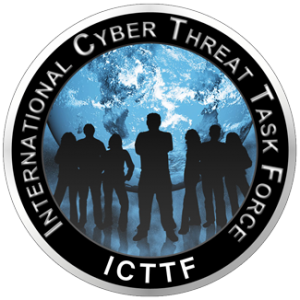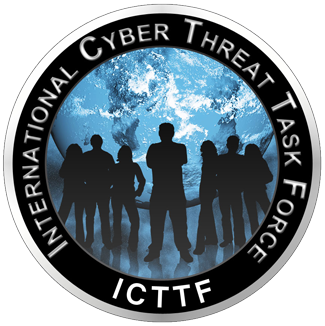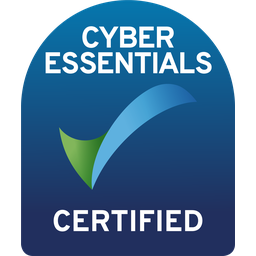Overview: DORA Governance and Oversight
The Digital Operational Resilience Act (DORA) is a pivotal piece of legislation for the financial sector within the European Union, aiming to bolster the ICT security of financial entities. As senior members of the financial sector, it is imperative to understand the governance and oversight implications of DORA to ensure compliance and enhance the resilience of your operations.
Governance Framework:
DORA establishes a robust governance framework that necessitates the implementation of an ICT risk management framework. This framework should be comprehensive, reflecting the size and complexity of your operations, and should be integrated into the overall risk management processes of your organization. It is essential to allocate a dedicated budget for digital operational resilience, ensuring that sufficient resources are available to manage and mitigate ICT risks effectively.
The management body plays a crucial role in governance, with a responsibility to maintain an up-to-date understanding of ICT risks. Regular training and updates on the latest developments in ICT risk are necessary to ensure informed decision-making and oversight.
Oversight of Third-Party Providers:
Monitoring third-party risk providers is a critical component of DORA. You must ensure that key contractual provisions are in place to maintain oversight and control over third-party providers, especially those deemed critical. The oversight framework for critical ICT third-party providers requires financial entities to manage and monitor these relationships diligently, ensuring that the risks associated with outsourcing are mitigated.
Operational Resilience Testing:
DORA mandates both basic and advanced digital operational resilience testing. As a senior member, you should ensure that your entity conducts these tests to identify vulnerabilities and enhance your ICT systems’ resilience. This may involve regular scenario-based testing and comprehensive reviews of your ICT systems and processes.
Incident Management and Reporting:
The act sets out general requirements for ICT-related incident management, including the establishment of a clear process for classifying and reporting major incidents to competent authorities. It is crucial to have a robust incident management framework in place that allows for quick identification, response, and recovery from ICT-related incidents.
Information Sharing:
DORA encourages the exchange of information and intelligence on cyber threats. By participating in information-sharing initiatives, you can contribute to and benefit from a collective understanding of the cyber threat landscape, which is vital for enhancing sector-wide resilience.
In conclusion, DORA’s requirements are not isolated but interconnected, reflecting the complex nature of the financial sector’s digital ecosystem. As senior members, it is your responsibility to ensure that your organization adopts a holistic approach to DORA compliance, recognizing the interdependence of its various components. By doing so, you will not only comply with the regulatory requirements but also contribute to the overall resilience and stability of the financial sector.


